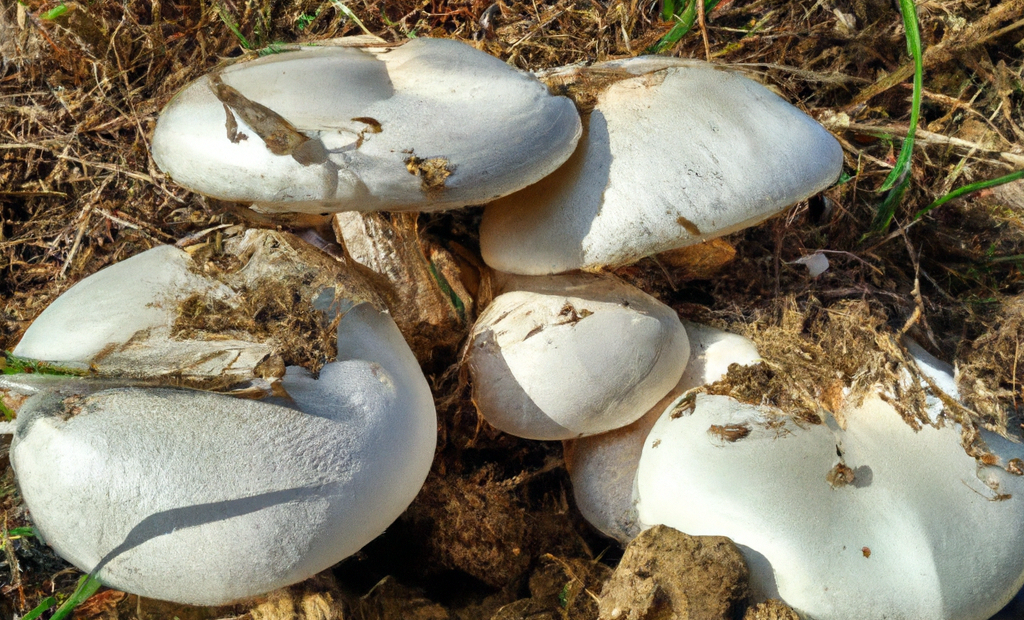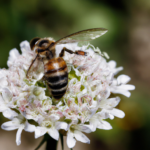The article discusses the importance of beneficial fungi in the production of biofertilizers for organic farming. These fungi, such as mycorrhizae and trichoderma, are a sustainable alternative to chemical fertilizers, as they improve plant nutrition and resistance to diseases, as well as reducing the negative environmental impact. Fungal-based agricultural products are gaining popularity due to their effectiveness and contribution to more sustainable agriculture.
As we move towards an era of sustainable development, organic farming is gaining a leading role in our society. In this context, the use of beneficial fungi as biofertilizers is emerging as an eco-friendly alternative to traditional fertilizers, capable of revolutionizing the agricultural sector. In this article, we will explore the crucial role that these fungi play in agriculture, highlighting their potential as agricultural products and their ability to promote soil health and improve crop yields. Biofertilizers based on beneficial fungi not only present a sustainable solution for the care of the environment, but also promise to transform organic farming into a more productive and economically viable practice.
- 1. "The Use of Beneficial Fungi as Biofertilizers in Organic Farming"
- 2. "Agricultural Products: The Potential of Beneficial Fungi"
- 3. "Beneficial Fungi: An Ecological Alternative to Traditional Fertilizers"
- 4. "The Organic Farming Revolution: The Role of Beneficial Fungi"
1. "The Use of Beneficial Fungi as Biofertilizers in Organic Farming"
The use of beneficial fungi as biofertilizers in organic farming has gained great relevance in recent years. Biofertilizers, particularly those derived from fungi, have emerged as an effective and sustainable alternative to conventional chemical fertilizers. These fungi, which include varieties such as mycorrhiza and trichoderma, improve plant nutrition, promote plant growth, and help protect plants against diseases. In addition, fungal biofertilizers contribute to the preservation of the environment, as they reduce the dependence on chemicals for agriculture and minimize the negative impact on soil and water. Therefore, the use of beneficial fungi in biofertilizer production is a key strategy in promoting more resilient and sustainable organic farming.
2. "Agricultural Products: The Potential of Beneficial Fungi"
Beneficial fungi have shown significant potential in the creation of agricultural products, especially in the production of biofertilizers. These types of fertilizers, derived from living organisms such as fungi, are vital for organic farming, as they improve soil health and plant growth without the negative environmental impacts associated with chemical fertilizers. Beneficial fungi, such as mycorrhiza and trichoderma, are used in the production of biofertilizers to improve plant nutrient and water uptake, strengthen plant resistance to disease, and improve soil quality. In addition, these agricultural products offer a sustainable and environmentally friendly alternative to conventional farming methods, making them an essential element in achieving more sustainable and ecological agriculture.
3. "Beneficial Fungi: An Ecological Alternative to Traditional Fertilizers"
In the context of organic and sustainable agriculture, beneficial fungi emerge as an ecological alternative to traditional fertilizers. These fungi, which can be used as biofertilizers, are capable of improving plant nutrition and increasing their resistance to diseases, without the negative effects associated with the intensive use of chemical fertilizers. Instead of providing nutrients directly, beneficial fungi establish symbiotic relationships with plants, facilitating the absorption of nutrients and water from the soil, and contributing to better root development. Therefore, the use of these fungi in agricultural products not only contributes to a more ecological and sustainable management of crops, but also to greater productivity and quality of harvests.
4. "The Organic Farming Revolution: The Role of Beneficial Fungi"
The organic farming revolution has focused attention on the importance of beneficial fungi and their indispensable role in the sustainability and productivity of agricultural systems. Traditional fertilizers, often filled with chemicals, are being replaced by mushroom-derived biofertilizers, which are a more environmentally friendly option. These fungi are essential in organic farming as they improve soil health, aid in the decomposition of organic matter, increase water and nutrient retention, and protect plants against pathogens. Fungal-based agricultural products are gaining popularity due to their effectiveness and contribution to reducing dependence on chemical inputs. In short, beneficial fungi are the true unsung heroes of the organic farming revolution.
In conclusion, beneficial fungi have proven to be a vital component in organic farming, offering a sustainable and effective alternative to traditional fertilizers. Their use as biofertilizers has been shown to have a significant impact on plant growth, improving soil quality, and reducing reliance on harmful chemicals. Furthermore, their potential as agricultural products is vast, as they can be used in a variety of applications, from pest control to improving plant nutrition. As the organic farming revolution continues, we are likely to see increasing use of these beneficial fungi, transforming the way we grow our food and protect our environment. Without a doubt, beneficial fungi are an invaluable resource in our quest for more sustainable and balanced agriculture.


